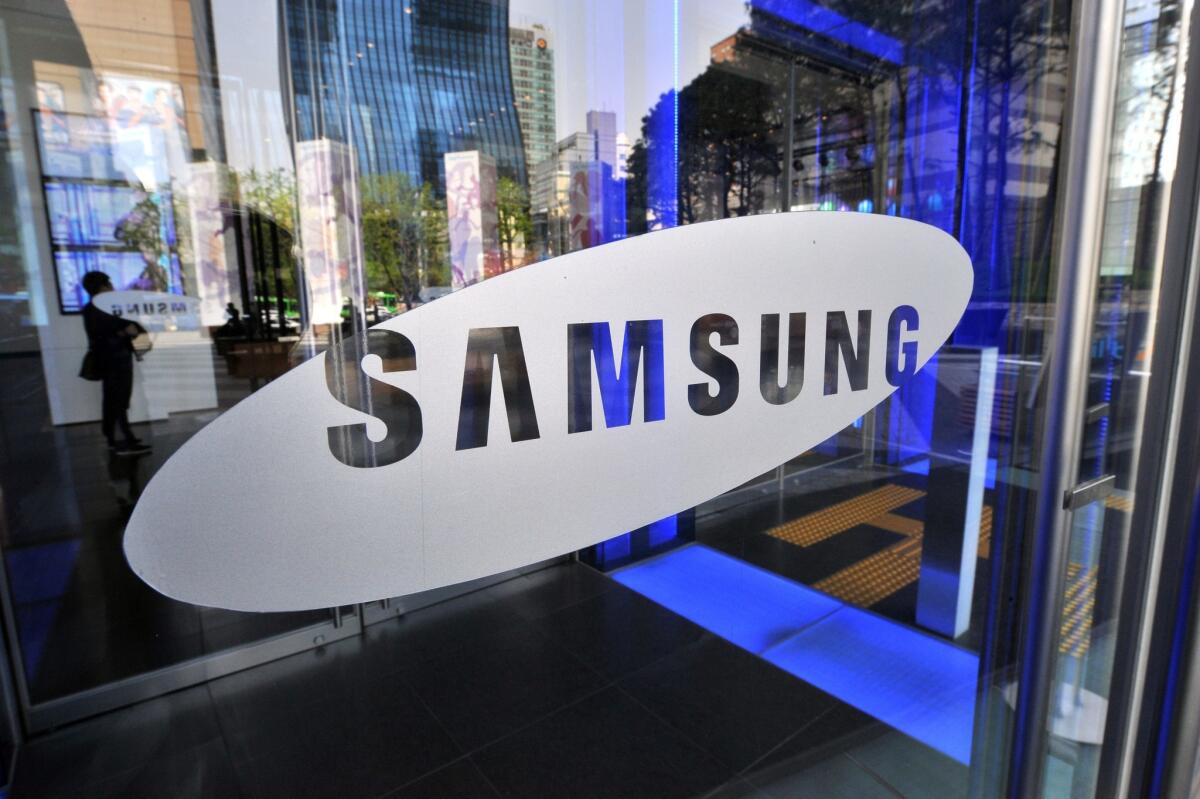Samsung falls from perch as top smartphone seller in China

For the first time since 2011, Samsung was not the top smartphone seller in China, according to a report.
The South Korean electronics giant saw its second quarter shipments, or sales to retailers, tumble to 13.2 million, down 15% year-to-year in China.
Samsung now has a 12% market share in China, behind Xiaomi, a local upstart phone maker, which now holds 14% of the market.
Xiaomi -- a company that is only 4 years old -- grew its shipments 240% compared to a year ago, to 15 million during the quarter, according to Canalys, a tech analysis company.
The decline in China is worrisome for Samsung as it could signal increased competition in emerging countries from new phone manufacturers, analysts said.
With manufacturing costs dropping, new entrants are selling their phones at aggressive prices, willing to take a loss in some cases in order to grow their business, CCS Insight analyst Geoff Blaber said.
The threat of local manufacturers doesn’t seem to have affected Samsung’s main rival Apple, which saw its shipments in China grow 58% year-to-year.
Blaber said this is because Apple offers software and services that are exclusively available on its devices. Consumers who want the iOS operating system and access to its apps as well as services like iTunes and iCloud have to buy an iPhone.
Samsung, however, offers phones running Android, the same operating system used by cheaper phones made by local rivals.
“The competition from local players is really starting to have an impact on Samsung,” Blaber told The Times. “Unless Samsung really starts to differentiate beyond hardware — in software and services — then it’s difficult to see how Samsung is going to avoid losing further market share.”
Samsung is only now starting to build out services that could differentiate its devices. In March, Samsung launched Milk Music, a Pandora-like service with no ads, for users of its devices, and it has also been developing its own operating system, called Tizen, that would give it independence from Android.
“But developing an ecosystem from scratch is incredibly difficult,” Blaber said of creating an Apple-like suite of software and services that work only on its devices. “It’s very difficult to see how Tizen can establish itself.”
Those fears were reinforced last week when Samsung announced that it would postpone the launch of the Samsung Z, its first Tizen smartphone, due to a lack of apps available for the new operating system.
Twitter: @sal19







